2014 and 2015. Those years have so much significance to me and my family. My uncle, Avelino Lim Jr., was, “The Michael Jordan of the Philippines.” Uncle Samboy, as I call him, was also a PBA Hall of Fame Inductee. He was playing at an exhibition game on November 28th, 2014 when he suddenly passed out. It turned out that he was having a cardiac arrest.
Uncle Samboy slipped into a coma due to hypoxia, lack of oxygen, to the brain for 23 minutes. Nobody performed CPR on him and traffic was blocking the way to the nearest hospital. 40 days later, he woke up. In spite of that, he could not speak, eat, move, or do anything on his own. Slowly but surely, he is recovering.
I remember how depressed my family and I were during this tragedy. Since my parents and I are half way around the world from the Philippines, we could not do anything. I felt helpless and devastated. More than often, I thought, “What am I doing? I have to help in someway.” This was the time I started to write articles on what happened to Uncle Samboy and why CPR is essential.
Before Pope Francis’s visit to the Philippines in January 2015, I wrote a letter to the Vatican and Pope Francis. In it, I asked if they could visit and bless Uncle Samboy. I shared the letter on my Facebook and Instagram pages. Joaquin M. Henson, or as I call him Tito Quinito, saw my Instagram post.
He is, “The Dean of Philippine Sportswriters and Analysts,” and asked me to do several pieces on Uncle Samboy, which you can check out in the links below. Because of Tito Quinito, I got involved and developed my passion for writing. Also, thank you very much for all the articles you have written about Uncle Samboy, and for being one of his regular visitors and a long time friend.
Samboy's kin bats for CPR awareness
Like I have said, Tito Quinito, is, “The Dean.” He is also a noted expert on the NBA - National Basketball Association, a member of the NBA Blog Squad, and a distinguished banker/micro financier. When I talked about Pittsburgh and our non-existent NBA team, he smiled and said, “Did you know there was the Pittsburgh Condors in the old, original American Basketball Association? Check them out!” I was star-struck to meet and honored to interview him. Tito Quinito gave me lots of background information, sports stories, and writing tips.
1. “How did you become a successful sports writer? What inspired you to get into the field?"
Quinito: "When I was nine years old, I developed a liking for writing. I had a uncle who was a newspaper reporter and my great grandfather was an author of many books. Maybe it was in my genetics. My father played basketball for Letran too. At nine, I would watch a lot of live sports events. After the game, I would write on his typewriter about what I watched like a news story. I would clip the news article of the event they posted the next day, and I would put it in a scrapbook side by side. This allowed me to see how I started out.”
“I started out as an editor of the school journal in high school and college. I like currents events and the news. If there is something going on, I always wants to share it. After that, I went to graduate school and took up business. Writing was a passion of mine.”
“I worked at a bank for 10 years and was asked to join micro finance company. Despite that, I always found time to do sports writing. My bosses allowed me to work on the side for sports writing because they loved it too.”
“During my time as a micro financier, I was involved with the Eduardo Cojuangco Foundation. They focused on two programs. The first one was Project Free. This program would send public teachers to La Salle University for their for masters and doctoral degrees. The second one was Project Hope, where they get out of school youth and train them in the automative, consumer, and trades industries. They get a certificate and are available for employment. The collaboration involved the my company, the Department of Education, labor, employment, and private companies who will employ the out of school graduates.”
“During this time, I would meet individuals from the finance and sports side. I met people from different walks of life. This is what kept me writing: my passion for writing about athletes.”
“When I found out about what happened to Samboy and Allan Caidic, I would write about them. While writing articles, I always write about the personal point of view. People can learn lessons about how people live their lives. This is why I like to talk about people's lives and their background. The basketball legends have fans that only look at them as basketball players. I like to write about them in a way that people see them as humans.”
“When I cover Manny Pacquiao, I like to include what is going on in his mind. For an athlete to be successful in boxing, you have to endure pain. I saw him win his fights since he was 16. I have seen the dedication he has put to training.”
“There is so much to share and that inspires me to write. In sports, you will never run out of heroes. In sports, you have the most heroes because of the sacrifices they go through in order to excel.. In sports, you see a lot of heroes emerge and inspire."
2. “What was your favorite sports event you have ever covered?”
Quinito: “I covered the Filipino boxing, shooting, and archery teams at the London Olympics in 2012. In 1994, I went to Hiroshima, Japan for the Asian Games. And in 2014, I traveled to Spain to cover the FIBA World Championship, which is where the world's best basketball teams played. I saw Manny Pacquiao fight too. I was covering for Philippine television during his best fight. It was in 1998 when he won his first world title in Bangkok, Thailand. Manny did not win a single round. It was in the eighth round that he knocked out his opponent.”
3. “What is your advice for writing great articles and stories?”
Quinito: “In writing, you have to be passionate. You cannot do short cuts. First, you have to establish credibility. You have to be interesting and resourceful too. People see whether or not you did research. You cannot have grammatical errors. Your articles must have Good syntax.”
“You have to be passionate. If you did not have any passion, you will not go the extra mile to do more research and re-read copies. You have to be super resourceful. When I wrote, there was no Google. I had to research through books, and this is why this was the era where you were tested. Access to information is incredible nowadays. When you are looking for something on the Internet, look twenty pages on the Internet. You will find information you or people would not know about. When people see relevant facts and figures, people will say, ‘This guy knows what he is talking about.’ You have to be committed to the craft. You always have to improve and want to be the best."
4. “How do you avoid getting writer’s block?”
Quinito: “Have passion. I always think about what I am going to write about days ahead. Never run out of ideas. Never get caught up in not knowing what to write about."
5. “What advice can you give to teenagers like me about life?”
Quinito: “First of all, enjoy life. You are only young once. Enjoy the freedom your parents give you and be responsible.
“Always open your mind to learning new things, so that you are always learning. Know how to share knowledge and time. In sharing, you can learn from others. When you share, it is a way to tell them to share back. Interaction is very important. It is a good way to improve too.”
“Appreciate the values of family because what you learn in your formative years, you will carry on. When you have a family, you will want your children to have the same values. Be close to your family, especially your mother and father. Know that there is a time for family and friends. When you think back, you will think, ‘I wish I spent more time with family.’ Do not have that regret. Appreciate the values of family."





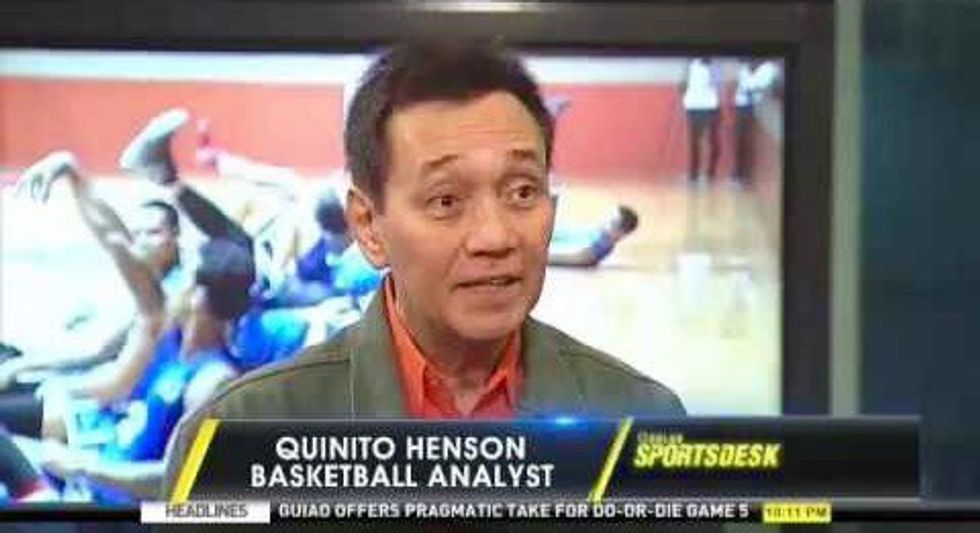
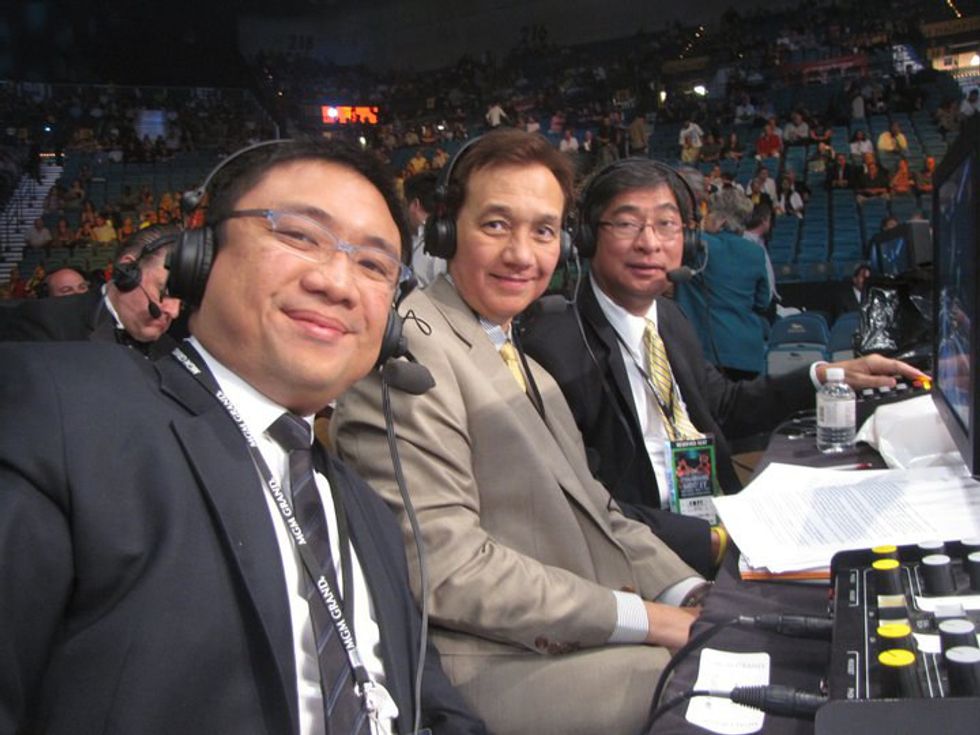
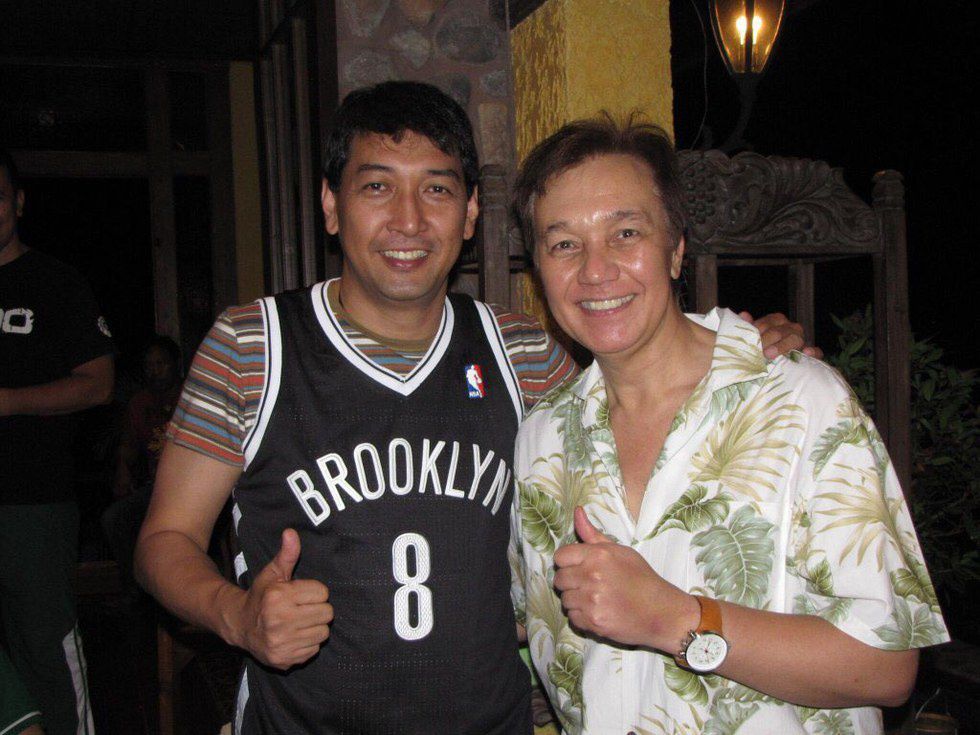
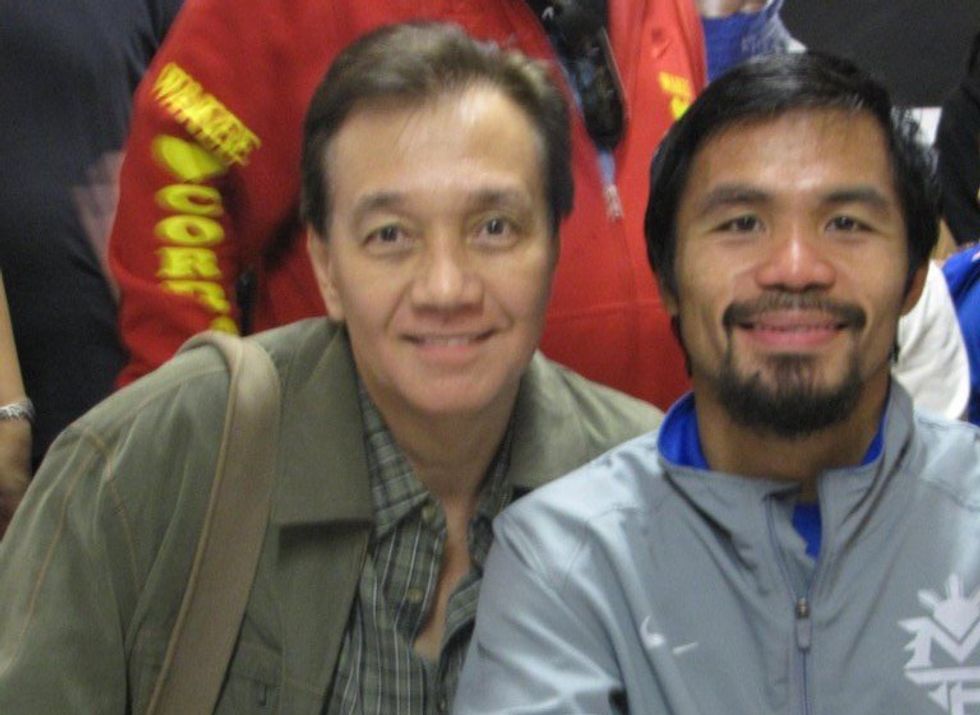
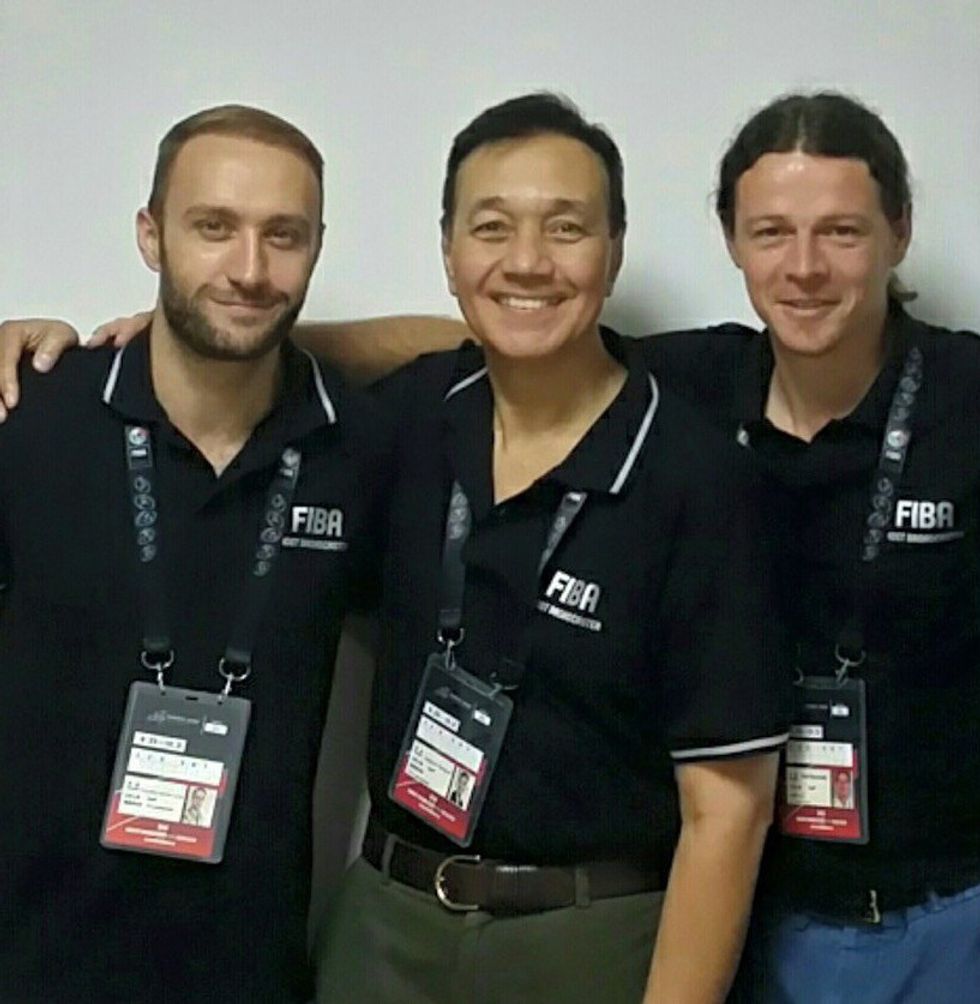

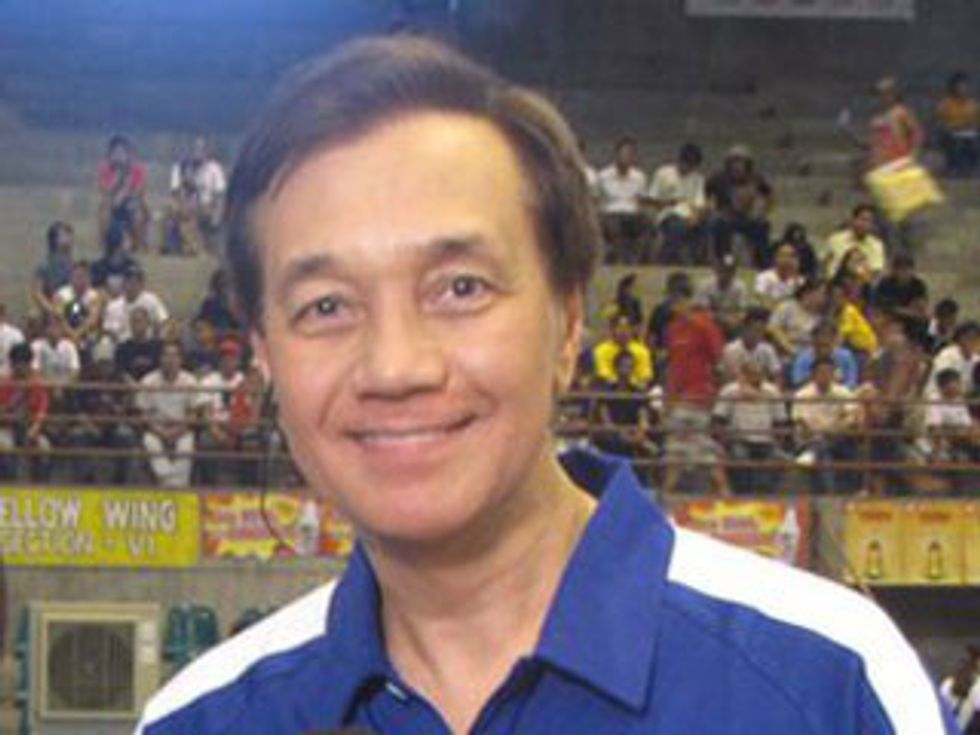

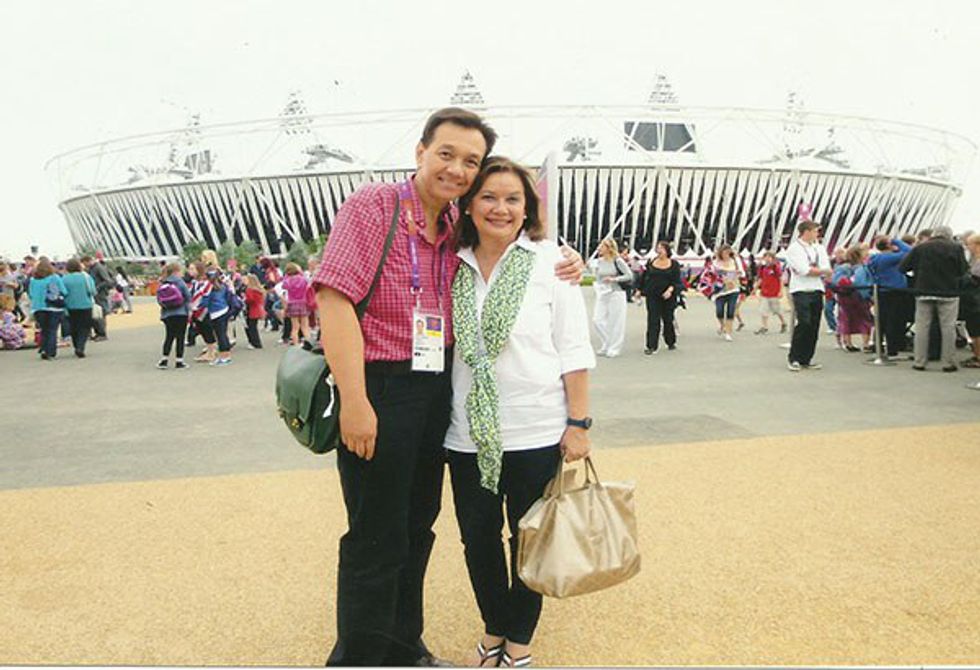




 The minimum wage is not a living wage.
StableDiffusion
The minimum wage is not a living wage.
StableDiffusion
 influential nations
StableDiffusion
influential nations
StableDiffusion












